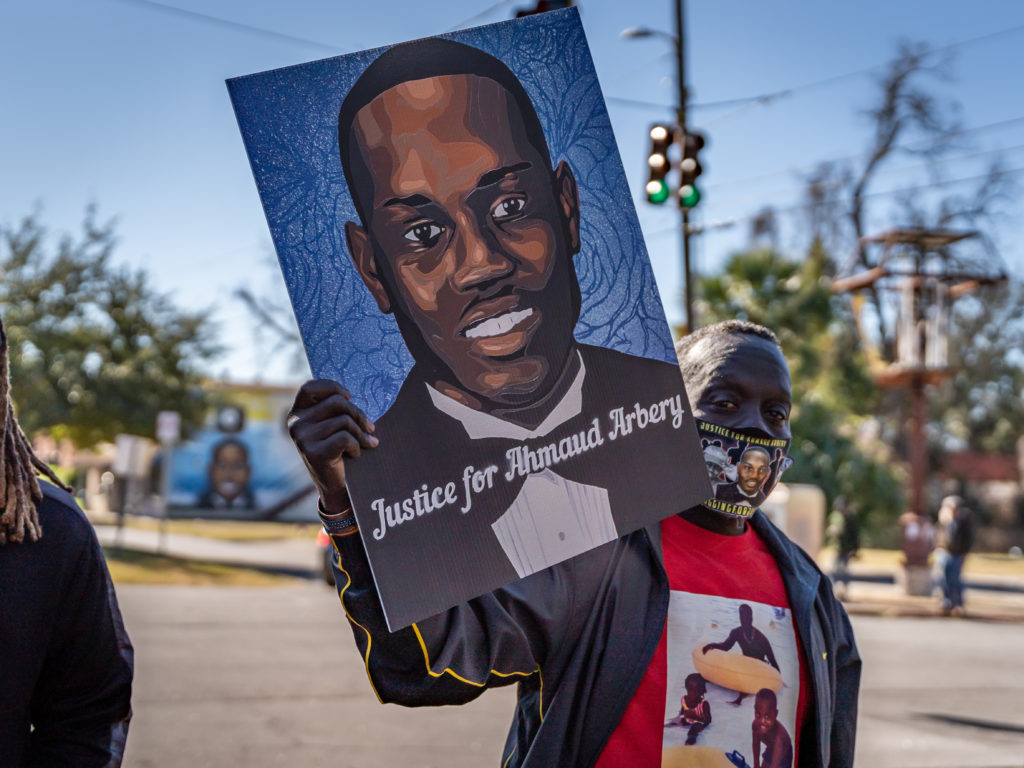
Published November 29, 2021
Two weeks. Two major court cases. Justice done in each.
In the span of just a few remarkable days—between last Friday’s Kyle Rittenhouse verdict and Wednesday’s guilty verdict against the killers of Ahmaud Arbery—America has been shown examples of how our justice system is supposed to work. What have Americans seen? Facts, evidence, deliberation, juries, the absence of mob influence—and above all, the rule of law.
As Americans, we should be grateful for the rule of law as an integral building block of Western civilization. It contradicts both mobs and media narratives and insists that every individual is equal before the law and entitled to the same system of law as everyone else. No one—no politician, billionaire, or pauper—ought to have preference before the law. As Christians, we recognize the rule of law as an inheritance received from the Christian moral tradition (Genesis 9:5-6; Deuteronomy 19:15-21). Believing all individuals are equal before God, justice in turn requires giving each their due. Justice is never arbitrary or capricious. Justice, rather, hinges upon impartiality, which the Bible explicitly commands (Leviticus 19:15; Psalm 98:9; Romans 2:11).
These were two very controversial cases, and there were questions about whether justice could be achieved in either. In the Rittenhouse case, a reckless and irresponsible media confused more often than they clarified, leaving out vital facts and evidence. In the Arbery case, doubt arose whether a majority-white jury in the South could reach a verdict without race playing a factor. Both juries succeeded. Both trials showed the wisdom of the jury system.
Click here to read the rest of this piece at WORLD Opinions.
Andrew T. Walker is the managing editor of WORLD Opinions and serves as associate professor of Christian ethics at The Southern Baptist Theological Seminary. He is also a fellow with The Ethics and Public Policy Center. He resides with his family in Louisville, Ky.
EPPC Fellow Andrew T. Walker, Ph.D., researches and writes about the intersection of Christian ethics, public theology, and the moral principles that support civil society and sound government. A sought-after speaker and cultural commentator, Dr. Walker’s academic research interests and areas of expertise include natural law, human dignity, family stability, social conservatism, and church-state studies. The author or editor of more than ten books, he is passionate about helping Christians understand the moral demands of the gospel and their contributions to human flourishing and the common good. His most recent book, out in May 2021 from Brazos Press, is titled Liberty for All: Defending Everyone’s Religious Freedom in a Secular Age.










